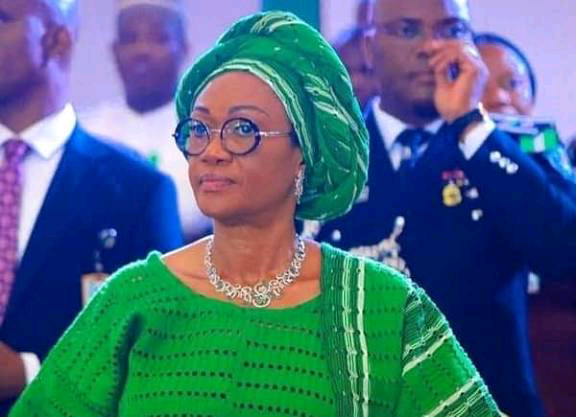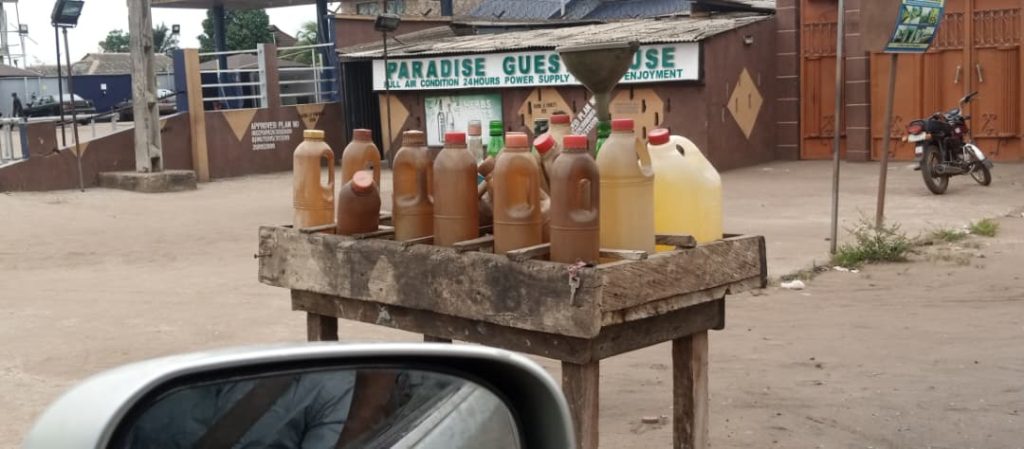Ojude Oba:Unveiling The Sophistication of Yoruba Culture
The Ojude Oba Festival is a vibrant exhibition of culture and tradition that will once again take place in Ijebu Ode, Ogun State, Nigeria. This annual event, meaning “The King’s Court,” is an essential feature of Nigeria’s cultural landscape, drawing thousands of attendees from both local and international locations.
The festival’s origins trace back to the 19th century with the advent of Islam in Ijebuland. It began as a modest gathering of Muslim worshippers paying respect to the reigning Awujale, the traditional leader of Ijebuland. Over the years, it has transformed into a grand celebration that highlights the rich cultural heritage of the Ijebu people.
The Ojude Oba Festival celebrates the cultural identity of the Ijebu community, featuring various activities such as traditional dances, music, and theatrical performances. Participants proudly wear colorful, intricately designed traditional outfits, showcasing the community’s attire.
A key aspect of the festival is the procession of the Egbe Tobalase Obinrin and Egbe Okunrin Asiwaju, two significant age-grade groups in Ijebuland. Comprising women and men respectively, these groups significantly contribute to the festival by displaying their unique cultural traditions.
The festival serves as an occasion for the Ijebu people to unite in celebrating their cultural heritage. It fosters community spirit, understanding, and tolerance, while also acting as a platform for preserving and promoting Ijebu culture.
Additionally, the Ojude Oba Festival brings considerable tourism and economic benefits to Ijebu Ode and Ogun State. With thousands of visitors attending, it generates revenue for local businesses and creates job opportunities for residents. The event also allows local artisans to display their crafts, further supporting the local economy.
Overall, the Ojude Oba Festival is a lively celebration that honors the rich cultural heritage of the Ijebu people. It emphasizes community unity, understanding, and cultural preservation. As it continues to develop, the festival is poised to remain an important event in Nigeria’s cultural calendar, attracting visitors from across and beyond the nation.







